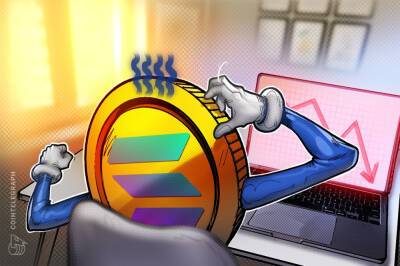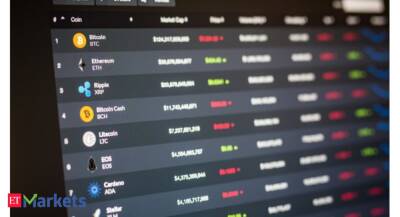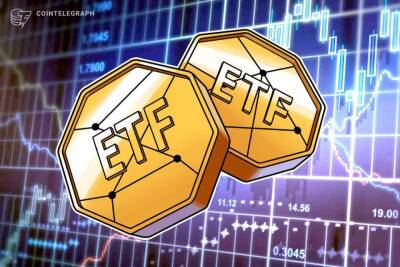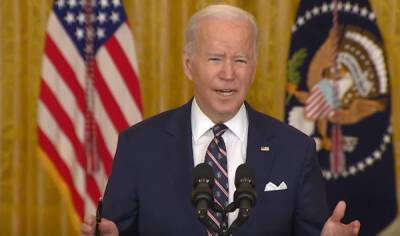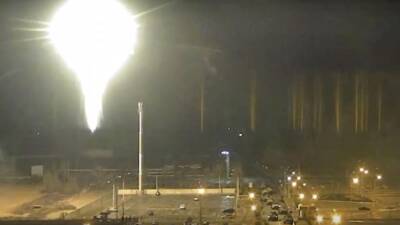In Europe, soaring petrol prices become the new normal
Bashir Akram’s taxi business in the West Midlands is already feeling the crunch of soaring fuel prices. Less than a week after Russia invaded Ukraine, Akram said the price increased to £1.50 per litre, at times forcing him to panic buy.
“I’m making some money but I’m also spending more and that leaves me with nothing,” he said while driving to Birmingham New Street in the West Midlands.
Russia’s unprovoked Ukraine invasion since 24 February has seen global oil prices soar amid concerns over the reliability of supplies. The price per barrel of Brent crude - the most common way of measuring the UK's oil price - reached $139 dollars on Monday, its highest in 14 years.
Elsewhere in Europe, the problems are the same. Luigi Barone, of the Italian Federation of Organisations for Consortia and Industrialisation (FICEI), said road hauliers are on a war footing.
“Numerous energy-intensive companies have slowed down their production due to the disproportionate increase in energy costs," Barone said.
“It is clear that the higher costs, unfortunately, will filter to the consumer who will find it a double drain: the doubling of bills will increase the cost of numerous foodstuffs on the shelves,”
Russia is the world's largest oil exporter, sending more than seven million barrels of crude oil to countries around the world, including to Germany and other EU.
Its most important oil export partners are China, the Netherlands, Germany, South Korea, and Poland, while the UK and US reliance on Russian oil was less pronounced even before the invasion.
The question now is to what extent the economic sanctions will stand in the way of Putin’s ambitions while also sowing mayhem across energy markets.
President Joe Biden on Tuesday vowed to ban Russian oil
Read more on euronews.com




![Sky Mavis - Is Axie Infinity [AXS] still in shock after two weeks of the Ronin hack - ambcrypto.com - city Santiment](https://finance-news.co/storage/thumbs_400/img/2022/4/9/21154_c5w5.jpg)




